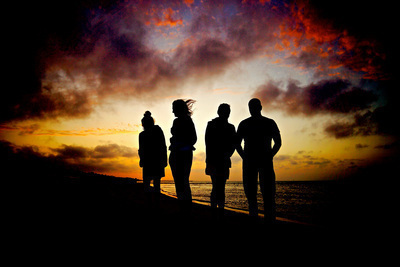It was a typical crowd for a Yeshiva University student event: long skirts and long sleeves for the girls, yarmulkes and tzitzis for the
boys. But the January lecture featured no rabbi. And the topic was hardly typical Torah fare. Behind a lectern decorated with the university’s blue flag, Barry Gibbs, a burly Jewish Vietnam War veteran with a shock of white hair, spoke gravely about how he was wrongfully imprisoned in a state penitentiary for 19 years and was released after being declared innocent. Rapt, some 200 students sat as Gibbs told his story on behalf of the Innocence Project, an organization devoted to identifying prisoners who have been wrongly convicted and are working to win their release. The project was responsible for Gibbs’s release. Jesse Katz, a sophomore who recently transferred to Yeshiva University, was wide-eyed at Gibbs’s account. “Coming from a Modern Orthodox yeshiva, I was never exposed to anything like this,†he said. “The old rules don’t apply anymore in terms of identity and commitment,†Bronznick said. “Now, social justice is something that can be embraced by people all along the spectrum of Jewish life, from the secular to the Orthodox.†Bronznick cited three contributing factors in a perceived increase of social activism among the Orthodox: the Save Darfur campaign, a movement to aid an oppressed minority in Sudan that crossed heavily into Jewish day schools nondenominational Jewish programs, such as Avodah, that enable young Jews to work as activists in a specifically Jewish religious context, and, most recently, the impact of the Rubashkin kosher slaughterhouse scandal, in which the nation’s largest kosher meat producer stands accused of more than 9,000 child labor violations.
The response of many Orthodox leaders to the Rubashkin drama drew questions from many younger Orthodox Jews, according to Shmuly Yankowitz, one of the founders of the Orthodox social justice group Uri L’Tzedek, which rose to prominence after the scandal. Those responses ranged from claims that the news media were antisemitic, to the Chabad Hasidic sect raising money for the slaughterhouse owners’ defense.
Social Activism Modern OrthodoxStyle 2009: Typical Crowd
Social Activism Modern OrthodoxStyle

